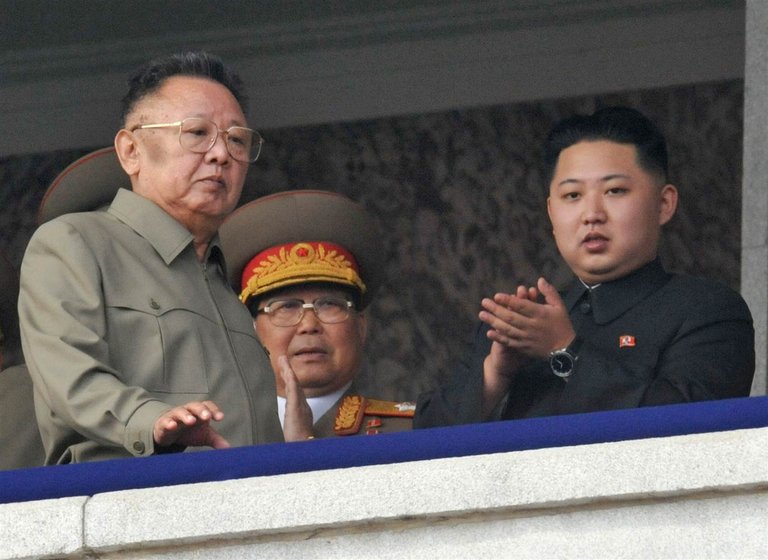
North Korea is willing to hold talks with the United States on denuclearization and will suspend nuclear tests while those talks are underway, South Korea said Tuesday after a delegation returned from a meeting with Kim Jong Un.
Kim has also agreed to hold a landmark summit meeting with South Korea's president next month, a senior South Korean official added.
Chung Eui-yong, South Korea's presidential national security director, said the two Koreas agreed to hold just their third summit at a tense border village in late April. He also said the leaders will establish a "hotline" communication channel to lower military tensions, and would speak together before the planned summit.
North Korea made clear its willingness to denuclearize the Korean peninsula and the fact there is no reason for it to have a nuclear program if military threats against the North are resolved and its regime is secure," Chung told a media briefing.
He also cited the North as saying it would not carry out nuclear or missile tests while talks with the United States were ongoing.
Chung led a 10-member South Korean delegation that met with Kim during a two-day visit to Pyongyang, North Korea's capital. They returned on Tuesday and that evening Chung briefed the nation in a televised broadcast.
The agreements follow a flurry of cooperative steps taken by the Koreas during last month's Pyeongchang Olympics in South Korea. Tensions had run high during the previous year because of a barrage of North Korean weapons tests. North and South Korea technically remain at war.
The two past summits, in 2000 and 2007, were held between Kim's late father, Kim Jong Il, and two liberal South Korean presidents. They resulted in a series of cooperative projects between the Koreas that were scuttled during subsequent conservative administrations in South Korea.
Chung said North Korea agreed to suspend nuclear and missile tests for as long as it holds talks with the United States. North Korea has not carried out any weapons tests since late November, when it fired its largest intercontinental ballistic missile.
Washington and Pyongyang have been at loggerheads for months over the North's nuclear and missile programs, with President Donald Trump and Kim Jong Un trading insults and threatening war. North Korea sees its nuclear program as an essential deterrent against a U.S. invasion.
The United States, which stations 28,500 troops in the South, a legacy of the Korean War, denies any such plans.
Good